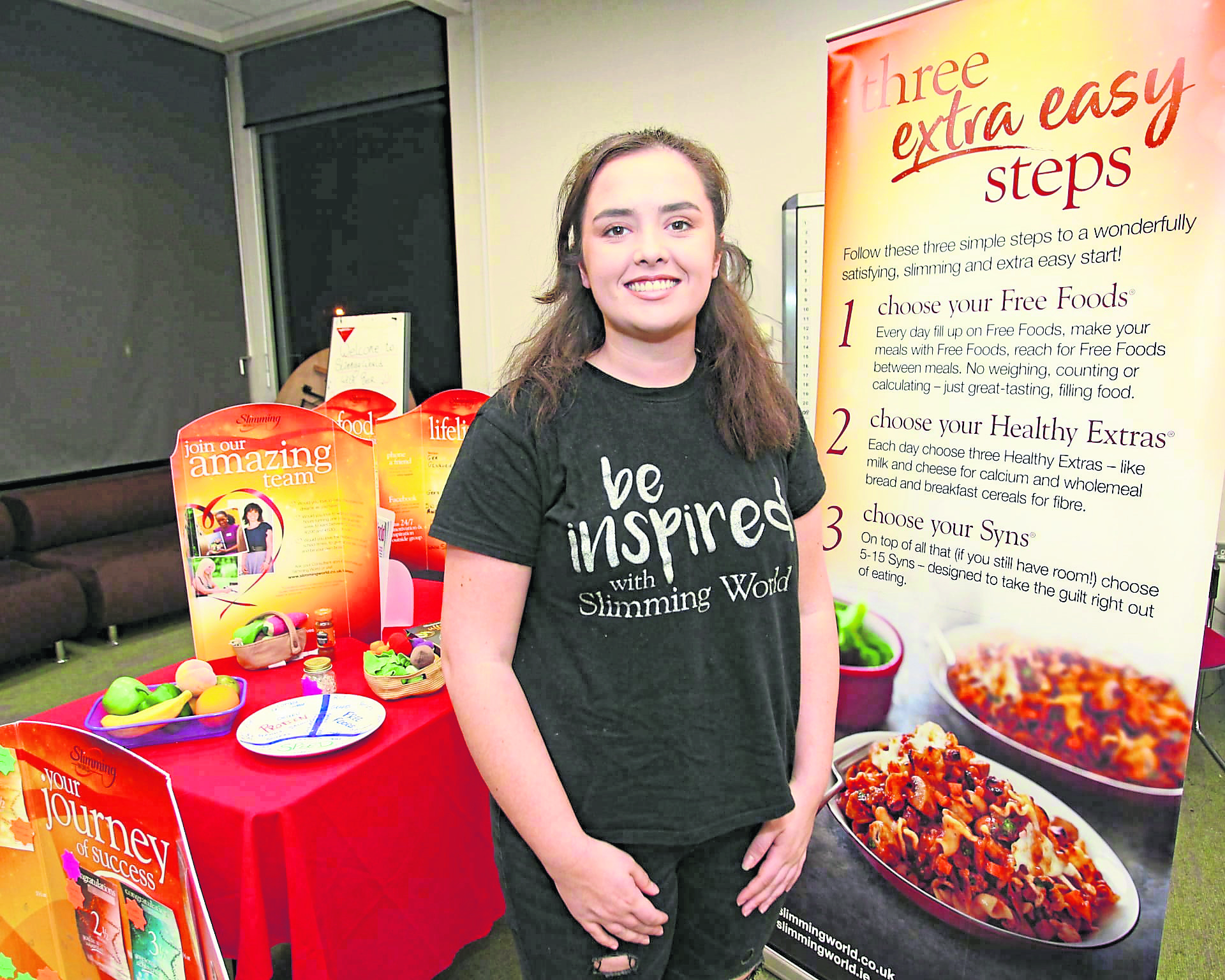
New kinds of fitness classes during lockdown
AS WE settle into January, the desire to start a fitness journey becomes hard to resist in the age of blogging, vlogging and Instagram updating.
The term “exercise guilt” is becoming more and more prevalent in the world today, and as fitness gurus upload their big triumphs online, it’s easy for us mere mortals to become disheartened by the little wins in our personal journeys.
A term that academic researchers are beginning to see more of, Dr Brendan O’Keeffe defines this phenomenon as “the disappointment we feel when our exercise goals go unmet.”
The UL lecturer went on to add that there are two stages of this to be aware of - acute and chronic: “Acute could be felt after missing a gym session or eating a takeaway, or chronic if these feelings are repeated over time.”
Dr O’Keeffe relays the importance of groups who share these journeys together, agreeing that they can often insight positivity towards being active within their social circles.
Michelle Meaney (pictured) is a consultant for Slimming World Monaleen and agrees that setting reasonable goals together, and teaching yourself forgiveness are the first steps to combating exercise guilt.

“I put it down to people being human,” she admits.
“Feelings, circumstances and state of mind have a lot to do with whether or not exercise gets completed, but Michelle agrees that pushing through and doing anything is better than doing nothing. “After that, you can tell yourself, I got past that hurdle, and now I am stronger on the other side of it.”
On a personal level, Michelle agrees that in the past she has experienced exercise guilt which affected her own weight loss journey: “I used to be in the gym a lot and then had a knee injury, so all of a sudden, the money that used to go towards the gym was now going to the physio. I had awful >w 9.09pt<guilt a few weeks after because I thought I should have been in the gym, but I physically couldn’t.”
Combating these thoughts can be tough, especially since their existence is not commonly discussed on a public forum and as a result, people often aren’t sure how to deal with them.
Dr O’Keeffe suggests that it is first important to address your own relationship with exercise in general, as that could be the root of the guilt factor: “If activity evokes negative thoughts, it's less likely that a person will sustain that behaviour because of negative associations. There needs to be an enjoyment component to it - then your goals will come.”
As with any changes we make in life, the most vital thing to remember is that mistakes and failures are part of everything we do, but with a bit of positivity, a lot of love for yourself and even more belief in what you want to achieve, a payoff is accomplishable.
As Michelle says, “The devil is always going to tell us we can do better,” but there is no miraculous fix for these feelings.
Instead, she advises her group to tackle their giant expectations and turn them into manageable objectives. The key, she begins, is “sitting down and making small goals that are realistic to your lifestyle,” and when experiencing a fallback in progress, to say to yourself “I can get over it and keep going again.”
Subscribe or register today to discover more from DonegalLive.ie
Buy the e-paper of the Donegal Democrat, Donegal People's Press, Donegal Post and Inish Times here for instant access to Donegal's premier news titles.
Keep up with the latest news from Donegal with our daily newsletter featuring the most important stories of the day delivered to your inbox every evening at 5pm.